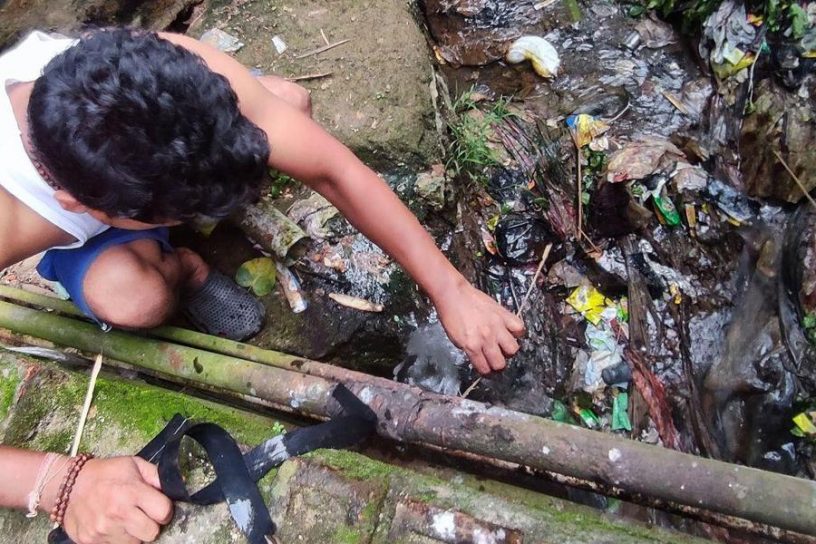
They live in constant fear of being laid off due to the contractual nature of their jobs, finds the research.
Authors
Deepanshu Mohan, Associate Professor of Economics and Director, Centre for New Economics Studies (CNES), Jindal School of Liberal Arts and Humanities, O.P. Jindal Global University, Sonipat, Haryana, India.
Rishiraj Sen, Research Analyst, Centre for New Economics Studies (CNES), Jindal School of Liberal Arts and Humanities, O.P. Jindal Global University, Sonipat, Haryana, India.
Ashika Thomas, Research Analyst, Centre for New Economics Studies (CNES), Jindal School of Liberal Arts and Humanities, O.P. Jindal Global University, Sonipat, Haryana, India.
Sakshi Chindaliya, Academic Tutor & TRIP Fellow, Jindal School of Liberal Arts and Humanities, O.P. Jindal Global University, Sonipat, Haryana, India.
Summary
This year, Assam has been devastated by excess rainfall that caused one of the worst floods in recent memory. At least 195 people have died in the disaster, which upturned the lives of an estimated 90 lakh residents. The disaster has highlighted the vulnerability of marginalised communities to such extreme weather events.
Among those who bear the brunt of such disasters are the safai karamcharis or sanitation workers, who are front-line responders to urban floods.
Safai karamcharis are tasked with ensuring cleaning urban areas and sanitation and drainage facilities across the city. Given that poor drainage infrastructure is among the primary causes of urban flooding, the work obligations of safai karamcharis increase manifold during such incidents.
Over two weeks between May and June in and around Guwahati, the Visual Storyboard team at the Centre for New Economics Studies interviewed more than 30 sanitation workers in an attempt to understand how their lives had been impacted by the floods.
Among the workers interviewed in Guwahati, 21.05% were employed by the government, 10.53% were semi-government workers while 68% were hired by private entities on contractual basis.
Guwahati’s sanitation workforce is made up of those from the Basfore sub-caste, who are categorised as ati-shudras by the caste order that ascribes “unclean and dirty occupations” to those at the bottom of the social hierarchy.
Published in: Scroll.in
To read the full article, please click here.


